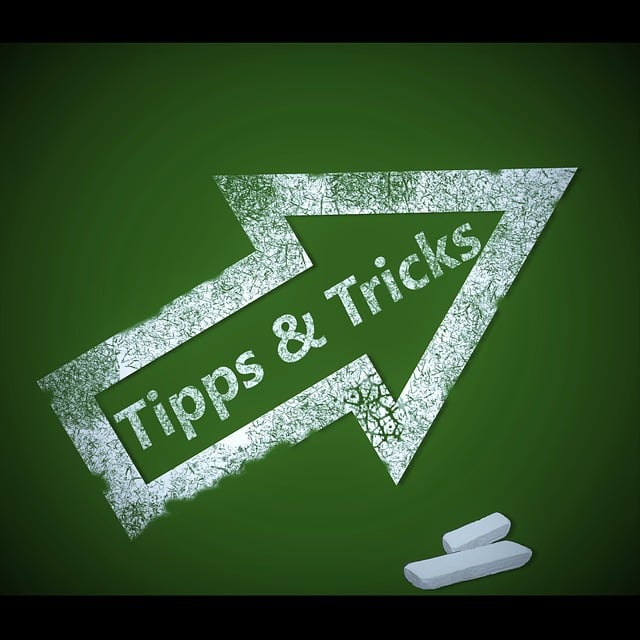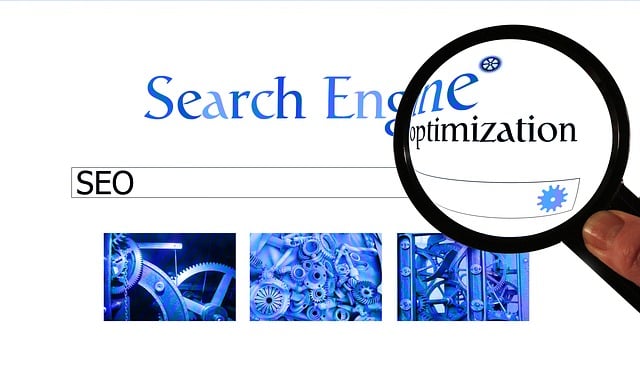Understanding SEO Tips for Ranking Higher is vital for businesses aiming to boost visibility on search engines like Google. This involves optimizing website content, structure, and other elements to attract organic traffic from targeted audiences. Search engines use complex algorithms considering various factors like keyword relevance, quality content, website speed, mobile-friendliness, and backlink profiles to determine rankings on Search Result Pages (SERPs).
SEO Tips for Ranking Higher include:
Keyword Research: Understanding user search behavior, identifying relevant keywords, and optimizing content to match intent.
On-Page Optimization: Tailoring titles, headings, meta descriptions, content, images, load speed, and mobile responsiveness.
Building Quality Backlinks: Earning links from reputable sources through guest blogging, shareable content, and unique resources.
Mobile Optimization: Ensuring a seamless user experience across all devices, especially mobile phones and tablets.
* Technical SEO: Optimizing page speed, structured data markup, XML sitemaps, indexing, and crawling for better user experience and search engine understanding.
Continuously monitoring and adapting your SEO Tips for Ranking Higher strategy based on algorithm changes, industry trends, competitor strategies, and audience needs is crucial for sustained success.
Looking to climb the ranks in search engine results? Effective SEO strategies are key to boosting your online visibility. This comprehensive guide breaks down essential tips designed to help you achieve higher rankings. From understanding the fundamentals of SEO and keyword research, to optimizing on-page elements, building backlinks, enhancing mobile experience, and addressing technical aspects, these insights will empower you to refine your strategy for continuous improvement. Implement these SEO tips for ranking higher and attract more organic traffic.
Understanding Search Engine Optimization (SEO) and Its Role in Ranking

Understanding Search Engine Optimization (SEO) is paramount in the digital landscape, especially for businesses aiming to rank higher on search engines like Google. SEO refers to a set of strategies and techniques designed to enhance a website’s visibility and ranking when users search for relevant keywords or phrases. By optimizing various elements of a site—from content to structure—businesses can attract more organic traffic from targeted audiences.
SEO plays a pivotal role in determining which websites appear at the top of search results pages (SERPs). Search engines utilize complex algorithms to crawl and index web pages, considering numerous factors such as keyword relevance, quality content, website speed, mobile-friendliness, and backlink profiles. Implementing effective SEO tips for ranking higher involves staying updated with these algorithm changes and tailoring your site to meet the ever-evolving criteria that drive search engine rankings.
Keyword Research: The Cornerstone of Effective SEO

Keyword research is the cornerstone of any successful SEO strategy aimed at ranking higher. It involves understanding your target audience’s search behavior and identifying relevant keywords that drive traffic to your website. With the right keywords, you can optimize your content to match user intent, making it more likely to appear in search results.
Effective keyword research goes beyond simply choosing popular search terms. It requires analyzing competition, exploring long-tail keywords, and considering user search patterns. Tools like Google Keyword Planner, SEMrush, or Ahrefs can assist in this process by providing valuable data on search volume, competition levels, and related keywords. By incorporating these insights into your content creation and website structure, you lay a solid foundation for improved SEO performance and higher rankings on search engines.
Optimizing Your Website's On-Page Elements for Higher Visibility

When it comes to SEO tips for ranking higher, optimizing your website’s on-page elements is a crucial step. This involves refining various components that search engines scrutinize when indexing your site. Key areas include optimizing titles and headings (H1, H2, etc.) with relevant keywords, ensuring meta descriptions are compelling and keyword-rich, and crafting unique, high-quality content that provides value to visitors. Images should also be optimized with alt tags that describe their content accurately.
Additionally, improving page load speed and ensuring your website is mobile-friendly boosts user experience and search engine favorability. Using header tags strategically, internal linking relevant pages within your site, and minimizing duplicate content further enhance on-page SEO. Remember, these optimizations work in harmony to increase your website’s visibility and improve its chances of ranking higher in search results.
Building High-Quality Backlinks: A Powerful SEO Strategy

Building high-quality backlinks is a cornerstone of effective SEO tips for ranking higher. These links act as votes of confidence from other reputable websites, signaling to search engines that your content is valuable and trustworthy. When crafting your SEO strategy, focus on acquiring backlinks from authoritative sites within your niche. This can be achieved through guest blogging, creating shareable content, or offering unique resources that others will naturally want to link to. Remember, the quality of these links matters more than quantity; ensure they come from relevant and reliable sources.
Implementing a robust backlink building strategy requires consistent effort and a deep understanding of your audience. Identify influencers and industry leaders who can vouch for your expertise. Engage with them genuinely, offering valuable insights or collaborations that naturally lead to backlinks. Additionally, keep an eye on competitor analysis to uncover potential link-building opportunities. By integrating these SEO tips for ranking higher into your digital marketing strategy, you’ll enhance your site’s visibility and attract more organic traffic over time.
Mobile Optimization and Its Impact on Search Engine Rankings

In today’s mobile-first world, ensuring your website is optimized for various devices, especially smartphones and tablets, is no longer an option but a necessity when it comes to SEO tips for ranking higher. Google and other major search engines prioritize websites that offer seamless user experiences across all platforms. Mobile optimization goes beyond just having a responsive design; it involves optimizing page load speeds on mobile networks, ensuring touch-friendly interfaces, and simplifying navigation for smaller screens. By implementing these practices, you’re not only catering to the majority of internet users who access sites via their smartphones but also signaling to search engines that your website is reliable and user-friendly.
When search engines crawl and index websites, they consider mobile optimization as a significant factor in determining rankings. A mobile-optimized site suggests to search algorithms that your content is accessible, relevant, and up-to-date, all of which contribute positively to your overall search engine ranking. Conversely, a poor mobile experience can lead to higher bounce rates, longer session durations on other sites, and even penalties from search engines, ultimately impeding your website’s ability to rank higher in search results. Therefore, prioritizing mobile optimization as part of your SEO strategy is crucial for achieving better visibility and driving more organic traffic.
Technical SEO: Ensuring Your Website is Search Engine Friendly

Technical SEO plays a crucial role in ensuring your website is search engine friendly and optimized for higher rankings. This involves making sure your site has a solid technical foundation, which includes improving page speed, implementing structured data markup, optimizing XML sitemaps, and ensuring proper indexing and crawling. Fast-loading pages not only enhance user experience but also signal to search engines that your site is valuable and trustworthy.
Structured data markup helps search engines understand the content of your web pages better, allowing them to display rich snippets in search results. XML sitemaps provide a roadmap for search engine crawlers to efficiently navigate and index your website’s content. Additionally, proper indexing ensures that all important pages are discovered and considered for ranking, while effective crawling enables search engines to access and analyze every corner of your site. Together, these technical optimizations work behind the scenes to boost your website’s visibility and improve its chances of ranking higher in search results, thereby driving more organic traffic.
Regularly Update and Monitor Your SEO Strategy for Continuous Improvement

Staying ahead in the digital landscape requires a dynamic approach to SEO. Regularly updating and monitoring your SEO strategy is essential for continuous improvement and ranking higher. Search engine algorithms evolve, and user preferences shift, so it’s crucial to adapt your tactics accordingly. Keep an eye on industry trends, analyze competitor strategies, and listen to your audience’s needs. This proactive approach ensures your content remains relevant and optimized.
Implement tools that provide insights into keyword performance, backlink profiles, and user behavior. Use these data-driven perspectives to refine your strategy, targeting new keywords, enhancing existing content, and building high-quality backlinks. Remember, SEO is an ongoing process that demands consistent effort and a willingness to experiment with fresh techniques. By staying agile and informed, you can navigate the ever-changing search engine landscape effectively.
